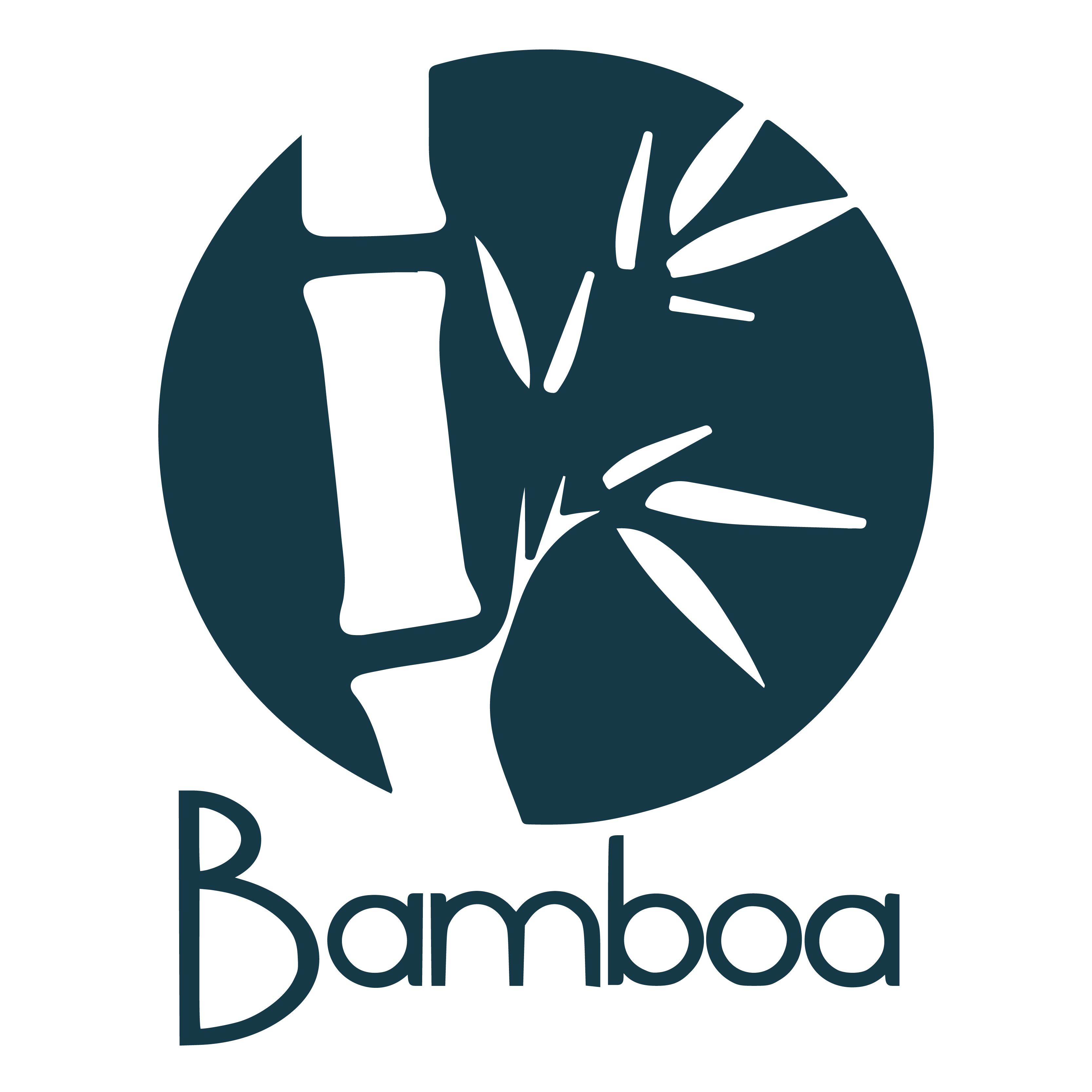As a purchasing manager in my previous career, I was in charge of buying Christmas tree ornaments and other holiday decorations. It saddened me that the items were far from eco-friendly, made with toxic paint and other harmful material. My job, however, was to find the least expensive manufacturer. We wanted things that were cheap to make – and thus cheaper to sell at retail. What the “consumer” demanded. Long ago, it made me think about what I continue to think about to this day: the responsibility we all have for what we buy.
As consumers in economically unstable times, we need to be price-conscious. Let's face it, if we stand in front of rows of ornament balls ranging from 5 to 20 USD, which one goes into our shopping cart? Probably the cheaper ones, yes? The thought process: I only hang them up once a year, so why pay more?
Also, life in a Covid world is very challenging. Who has the time to evaluate how an item is made? And the impact of our purchasing decision? Sadly, if you don’t ask these questions, the environment – and our collective future -- pay for our impulse purchases. This applies to most all products, but particularly fashion, interiors, jewelry, and home-ware.
We go to the “big box” retailers, the Walmarts, Targets, Aldis, Lidl, Ikeas and Home Depots to find the best “deal”. They know. They and their middlemen search the world for the lowest-cost providers. Low cost manufacturing usually involves plastics, cheap labor, poor working conditions and environmental short cuts that will ultimately leave us with a world that we don’t want for our children and grandchildren. This is how the world of mass production works. I have twenty years in the field and see its sad, vicious cycle every day.
It’s easy – and justified -- to blame the big retailers and low-cost manufacturers but we must not forget that they are, in large part, responding to our buying habits. We have to take responsibility for our actions.
Consumers can drive change. Our purchasing power is an amazing force.
There is hope. Hope lies with YOU and ME!
We can make better and more conscious decisions when buying products, especially holiday decorations, fashion, home products.

Ask these questions before you buy:
- Do I really need it?
- If so, how was it made?
- What resources were used? (Check materials, labels and packaging.)
- What is the item’s likely durability?
- Can I spend a bit more for a higher quality, eco-friendly product, that will last longer?
- Where does this product end up at the end of its life cycle? A landfill?
- Can it be recycled or is it biodegradable?
So what will it be?
Cheap metal or plastic balls, glitter, plastic garlands?

This is an example of a Xmas tree ball that is made from an inferior cheap metal covered with a metallic glitter, it is made using toxic materials and a very unfriendly production method that is also harmful to the factory workers.

How about --
Products made from sustainably-sourced wood, bamboo, hemp, natural materials?
Why not let your kids make their own garlands using old fabrics or clothes?
For a greener and eco-friendly Christmas this year, Bamboa brings to you it's collection of ten bamboo Xmas Tree ornaments to hang on your Christmas Tree, to hang in your window or to decorate your walls.

They are biodegradable if discarded but can last a life time.

This Christmas ornaments using 100% sustainable bamboo is design to provide you with a better alternative to the standard ornaments.
They can be painted or left in their natural state. What a fun activity for kiddies!

The pack of ten Xmas ornaments includes the following figures: Reindeer,Bell, Stocking, Star, Rocking horse, Snowman, Christmas Tree, Angel, Heart, Christmas Tree Ball.
Shop yours here!
